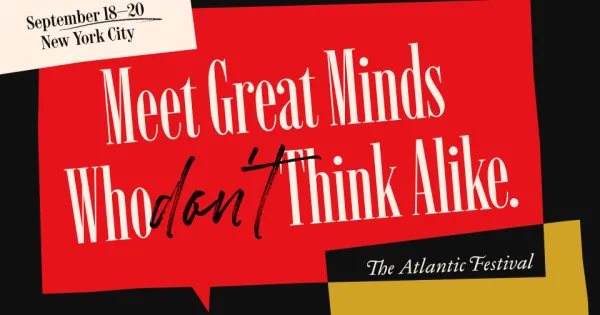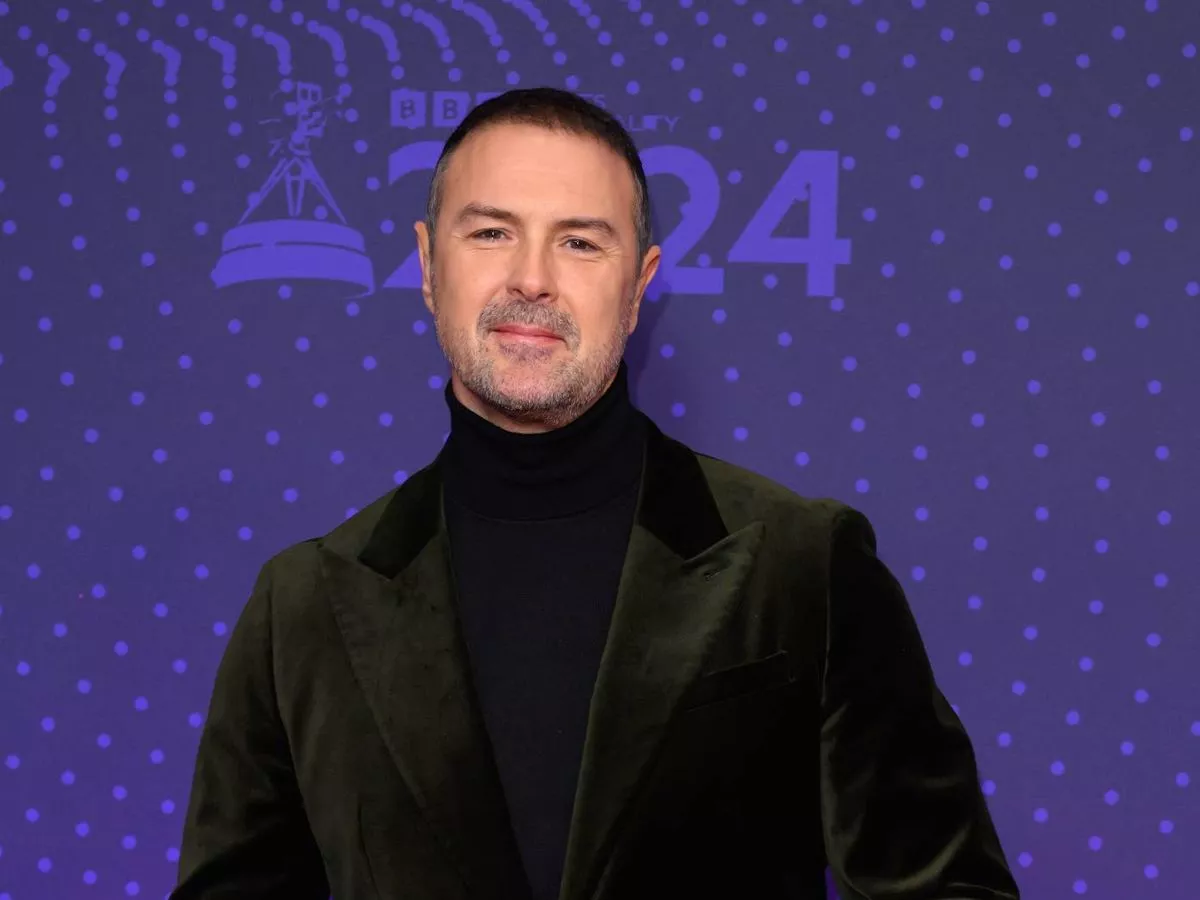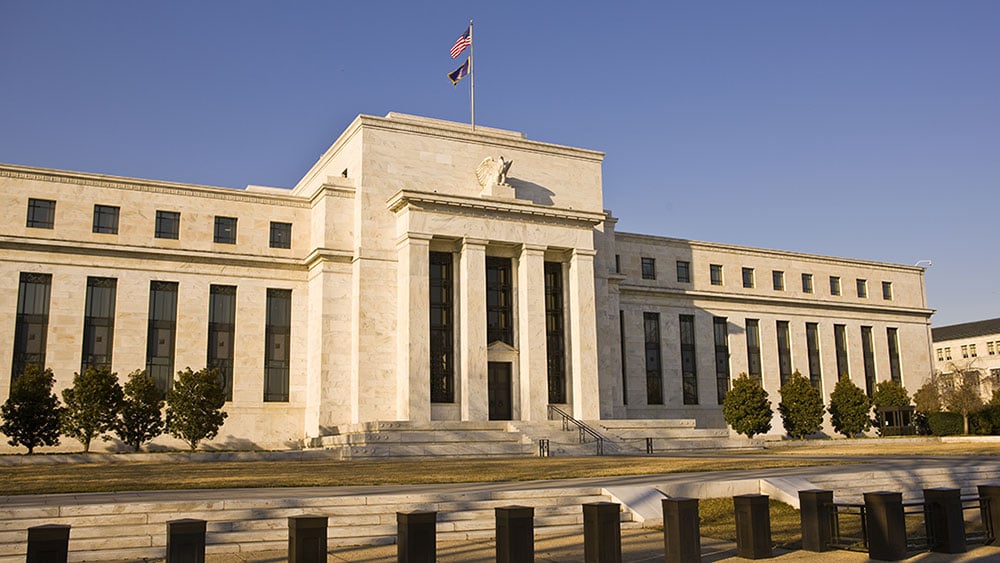By Mark Stenberg
Copyright adweek

The Atlantic is doubling down on live journalism.
This week marks the first time the publisher has held its flagship event, The Atlantic Festival, in New York. The 167-year-old magazine is on pace to deliver its largest revenue haul since rebranding the flagship event in 2018, according to publisher Alice McKown.
Year-over-year festival revenue grew 36% compared to 2024, with nearly 2,000 in-person attendees and more than 10,000 virtual tickets claimed, although the publisher declined to provide financial specifics. Single day passes cost $475, two-day passes are $800, and virtual attendance is free.
Events now comprise 25% of The Atlantic’s commercial revenue, with 60% of that coming from the Atlantic Festival. The event has become a central pillar of the company’s growth strategy heading into 2026 and 2027, according to McKown.
The growth reflects the broader media industry’s embrace of live events, which have become one of the few durable bright spots amid wider industry contractions.
“Live events are so important to branding,” McKown said. “Having an in-person experience in the biggest city in America is very important for our brand.”
Moving the festival to New York
This year marks the first time the Festival will be held in New York City, a shift designed to tap into the city’s density of subscribers, sponsors, and media influence, McKown said. It was previously held in Washington D.C.
In events occurring in venues across the city, more than 50 Atlantic journalists will appear on stage, across sessions spanning politics, culture, health, and technology, many of which feature celebrities.
Sessions include programming like Tastes of Tomorrow: What’s Next in Food and Beverage, as well as a panel on women’s sports featuring a mix of Atlantic writers like Jemele Hill and luminaries in the space like Clara Wu Tsai.
“New York offers access to a bigger audience,” said Justin Eisenband, managing director at FTI Consulting. “While likely slightly costlier, it may be able to attract more attendees, especially current and potential subscribers, as well as sponsorship dollars.”
The Atlantic Festival also strikes an unusual middle ground in its structure. It nominally attracts a general interest audience, precluding it from the commercial benefits of a business-to-business event.
But its higher price point and brand reputation also keep the number of potential attendees smaller than many standard consumer-targeted events, which often make up for their lack of targeted audience with scale. Much of its programming also occurs during workdays, on Thursday and Friday.
Still, the concentration of affluent subscribers The Atlantic has in New York—along with the affordable options made available through its Out and About evening events—have enabled it to enjoy the best of both strategies.
According to McKown, 29% of overall in-person attendees were C-suite executives, with directors and vice presidents pushing the share of director-level or higher participants to 56%. For premium pass holders, that figure rose to 74%.
“Close to 30% of our ticket buyers are C-suite,” McKown said. “People are saying, ‘This morning session is critical to my work’—that is a lot of our attendee base.”
While tickets provide one revenue stream, underwriting remains the largest economic driver.
The sales team at The Atlantic pitches the event as an enticement to secure larger deals, offering advertisers another touch point to reach Atlantic audiences. As a result, eight of The Atlantic’s top 10 advertising partners are buying into events, according to McKown.
That positioning has helped push overall commercial revenue nearly 30% higher over the past two years, although the company declined to offer financial specifics or comment on its profitability. In 2024, the publisher announced it had turned a profit for the first time in years, but it has been investing heavily in its editorial operation this year, hiring dozens of high-profile writers.
“Every year, publishers have to work a little harder to attract direct advertisers,” said eMarketer senior analyst Max Willens. “The Atlantic is smart to focus its sales efforts on a high-profile event like their festival, because events remain a highly differentiated area where brands can connect to consumers in novel ways”
Beyond the Atlantic Festival, the publisher produces about 25 events annually, ranging from vertical-specific summits to private salons and roundtables.
The Atlantic plans to expand that slate in 2026, particularly as artificial intelligence continues to reshape digital engagement, according to McKown.
“Next year, we will be doubling down on events,” McKown said.



